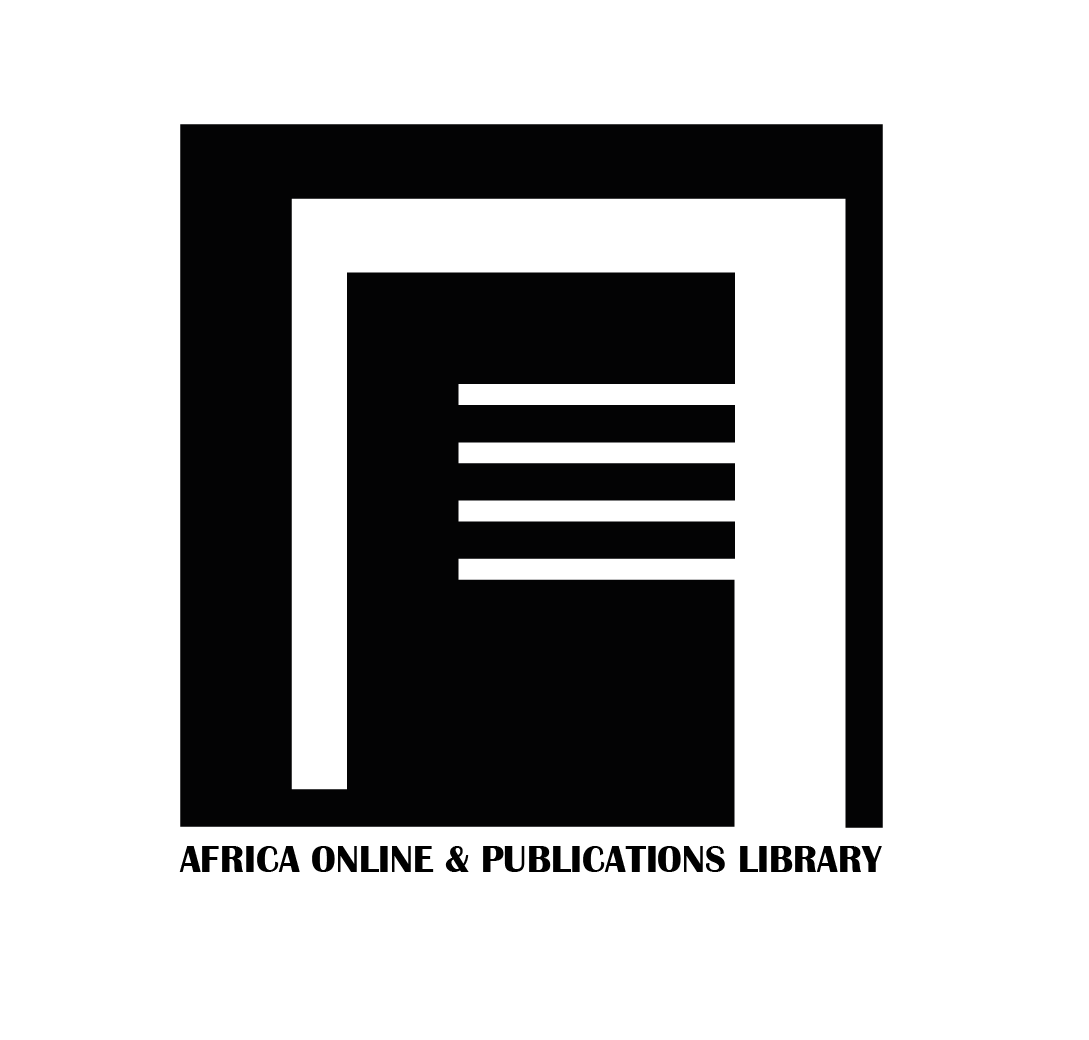Abstract
This article assesses the earnings management practices of non-profit organisations (NGOs) in the Anglophone region of Cameroon between 2014 and 2018. Specifically, it investigates whether local NGOs, amongst which are community-based organisations (CBOs) and Civil Society Organisations (CSOs) active in this part of Cameroon engage in earnings management practices. The article draws numerous theoretical perspectives, including Positive Accounting Theory (PAT), Stakeholder Theory (ST), Signalling Theory, and the Management Threshold Theory (MTT). Using abnormal or discretionary accruals and the Modified Jones, findings show that: (i) local NGOs operating in the Anglophone region of Cameroon reported earnings that are narrowly distributed around zero both before and during the current armed conflict, with the distribution being significant during the conflict period; (ii) abnormal accruals act as one of the major tools used by local NGOs in managing earnings as their engagement increases within the conflict zone, with them making use of aggressive application of abnormal or discretionary accruals to achieve a zero-profit target when pre-managed earnings are either positive or negative. As a result, this article contributes to knowledge by illustrating the application of PAT, ST, MTT, and Signalling theory in a non-profit setting while establishing theories and regulations/guidelines with regards to accrual accounting practises of local NGOs in Cameroon.


